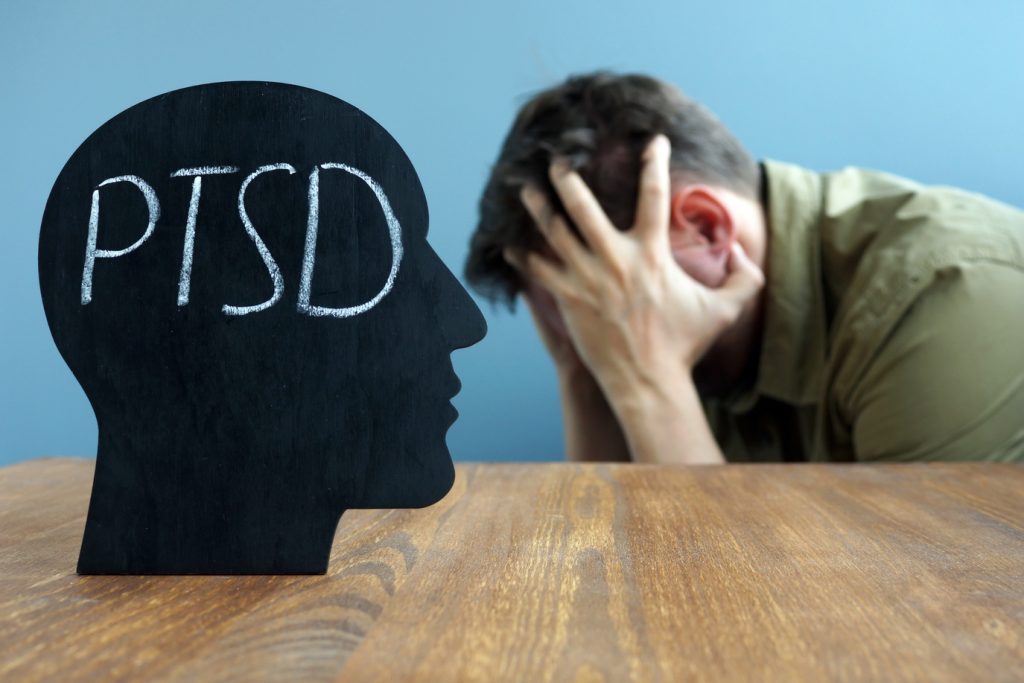
It has been estimated that upwards of 6% of the U.S. population will experience PTSD at least once in their lives. Interestingly, PTSD does not have to be a permanent condition. For most people, it is not. They eventually recover and get back to life as normal. But for those for whom PTSD is a permanent thing, management is critical.
One of the questions we get asked a lot, at least in terms of obtaining a Utah Med Card, is whether there are alternative therapies for managing PTSD. In a word, yes. The Utah Med Card represents just one of them. Every case of PTSD doesn't have to be treated with either a prescription or cognitive behavioural therapy (CBT). It is not that either of those options is bad or inappropriate. Rather, it is simply that there are other options available.
Known formally as post-traumatic stress disorder, PTSD is a mental health condition triggered by some sort of event traumatic enough to have a lasting impact on mental health. It is most often associated with active military service. In that regard, the condition existed long before we began calling it PTSD.
Soldiers returning from WWI and WWII were said to be suffering from battle fatigue if they exhibited PTSD symptoms. But even as far back as the mid-19th century, the condition was observed among soldiers. Perhaps that's why we associate PTSD with military service.
Nonetheless, PTSD can be triggered by all sorts of traumatic events, including:
It is also worth noting that an individual does not have to experience the traumatic event firsthand. Just watching it unfold can be enough to trigger PTSD. If PTSD is severe enough, it can completely disrupt a person's life. It can even damage relationships.
Unfortunately, not all our attempts to treat PTSD have worked. Over the last hundred years or so, we have tried a combination of prescription medications and psychotherapy. Some combinations have worked quite well while others have not. In addition, it is no secret that people react differently to their treatments.
One of the alternative treatments that seems to be gaining traction is plant-based medicines made available through Med Cards. Here in Utah, PTSD is a qualifying condition for our Med Card program, and it’s the second most common condition for which patients receive Med Cards. Obtaining a card gives a PTSD patient access to medicines that are not available in any other way.
Will plant-based medicines do the trick all by themselves? There is no way to know for sure. Again, each PTSD patient responds to treatment differently. But if plant-based medicines are not enough, they can be combined with a variety of additional treatments. Here at Kindly MD, those treatments include mental health services provided by trained therapists.
Our philosophy is one of keeping an open mind regarding alternative treatments. We believe alternative treatments deserve more attention for one particularly important reason: getting better is the goal. Whether you are dealing with PTSD, chronic pain, cancer, or any other condition, you seek out healthcare services because you want to get better. We offer them because we want the same thing for you.
Maintaining a closed-minded approach to medicine does not help anyone. It certainly doesn't help a patient who has tried every conventional treatment without success. Fortunately, there are alternative treatments for most conditions. It is a matter of finding available treatments and then talking them over with a healthcare provider. We encourage doing just that if you have been diagnosed with PTSD.
